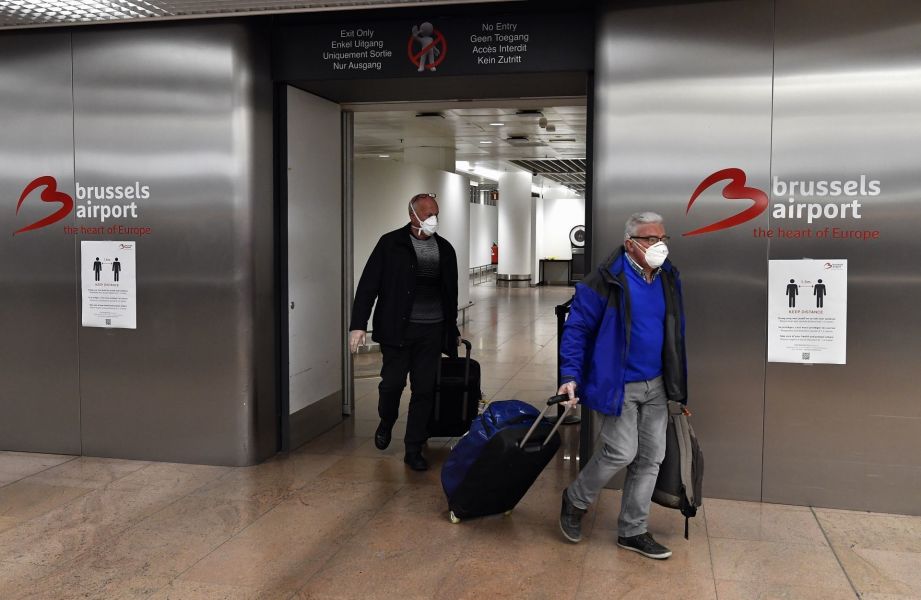The World Health Organisation (WHO) said it does not recommend the introduction of a coronavirus vaccination passport currently being proposed by the European Commission, as it comes with some ‘difficult challenges’.
Despite recognising the ‘feasibility and desirability of this digital travel pass, the organisation does not recommend them, said WHO’s Regional Director for Europe, Hans Kluge.
"From a scientific point of view, how long does a vaccine give immunity? It is not so clear yet. And if you get a vaccine, it protects you but does not necessarily stop transmission. So it's not a watertight thing,” he told Chinese news agency Xinhua on Thursday.
The European Commission is expected to present a legislative proposal for a digital vaccination passport on 17 March, Commission President Ursula von der Leyen announced on Monday.
The document, which aims to allow for safe lifting of restrictions and to make travel between the European Union's member states possible again, will list a person's corona vaccinations, infections, and negative tests undertaken.
Related News
- What to expect from Belgium's Consultative Committee today
- Belgium justifies non-essential travel ban in letter to Commission
Many European government leaders agreed that vaccination passports can help to make travel safer, however, Belgium’s Foreign Affairs Minister Sophie Wilmès has said it is “out of the question” that the European digital vaccination passport will be linked to people’s freedom of movement in the country.
Kluge highlighted that coronavirus infection rates in Europe rose by 9% to just over one million and has urged the region to 'return to the basics when it comes to dealing with this crisis’, during a virtual press conference, adding it was not the time for Europe to sit back.
The WHO director said he assumes 2021 will be another year dominated by the coronavirus but said by the end of this year, we will know much more about the virus, which means the pandemic could be over in early 2022.
“That does not mean that the virus will be gone. But hopefully, no more disruptive measures will be needed by then,” he said.
Lauren Walker
The Brussels Times

